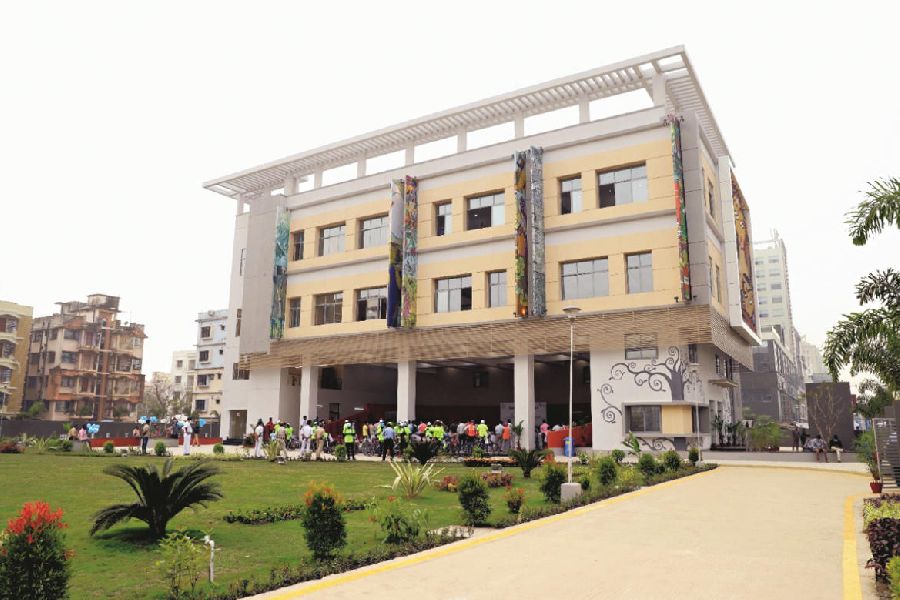Local
2021: New Town’s first community centre opens on November 23. Located near Biswa Bangla Gate, the centre is the first of three planned for each of the action areas of New Town. The G+2 building is about 29,000sq ft with two banquet halls, rooms, roof-top space, open-air theatre, exhibition rooms, lawn etc.
National
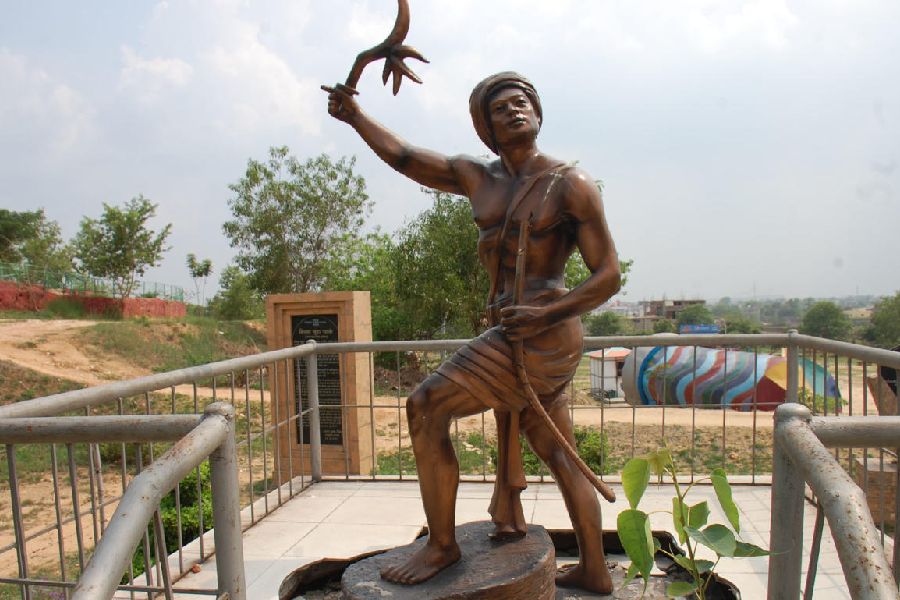
Birsa Munda
1875: Birsa Munda is born on November 15 in what is later known as Jharkhand. He grows up to become a leader of the tribal people and leads a revolt against the British authorities for their unfair land-grabbing practices that demolished the conventional tribal land system. His revolt makes him an important figure of the Indian independence movement.
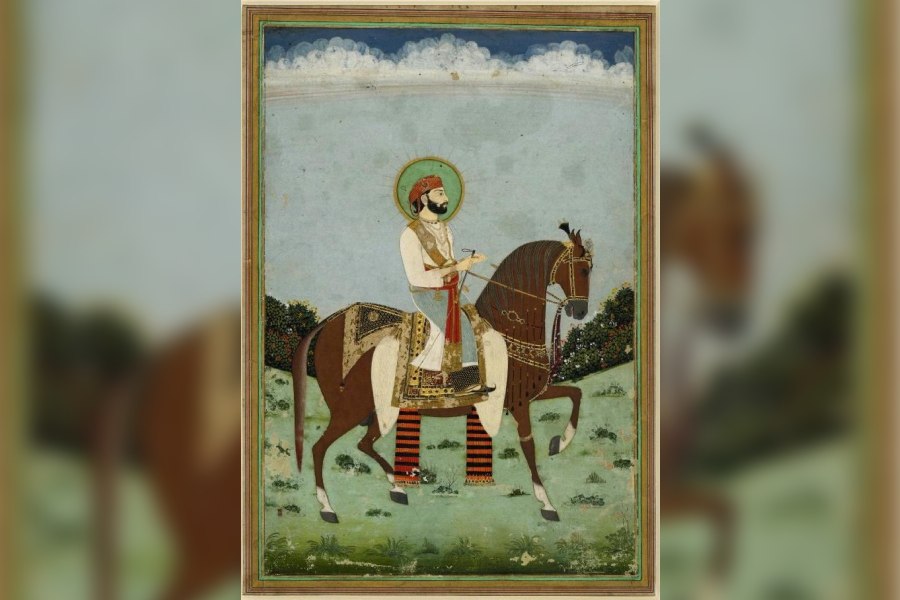
Jai Singh II
1681: Jai Singh II is born on November 3 and at the age of 11 is crowned ruler of the kingdom of Amber. Initially a vassal of the Mughal Empire, he breaks free from them and is best remembered for founding the city of Jaipur, naming it after himself and shifting his capital there. A patron of mathematics, architecture and astronomy, he commissioned the Jantar Mantar observatories at multiple places in India, including Jaipur, and had Euclid’s Elements of Geometry translated into Sanskrit.
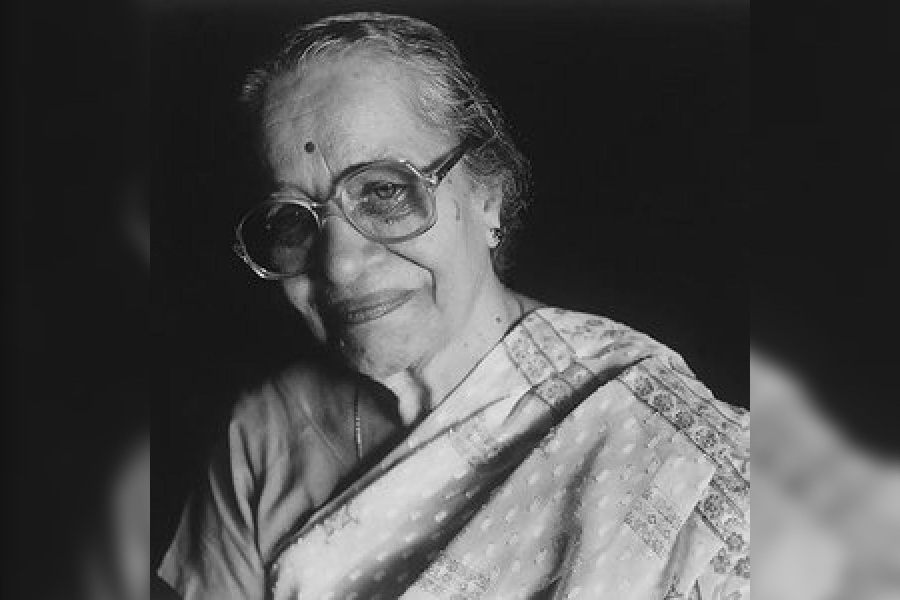
Kamal Ranadive
1917: Kamal Ranadive (née Samarath) is born in Pune on November 8. She grows up to become a biomedical researcher studying the links between cancer and viruses. A founding member of the Indian Women Scientists’ Association, she establishes India’s first tissue culture research laboratory at the Indian Cancer Research Centre in Mumbai in the 1960s.
Global
November 9: It is known as the Day of Fate in Germany as five notable events have occurred on the day, in different years. The first of these was the execution of leader Robert Blum in 1848 and the most recent the fall of the Berlin Wall in 1989. There was also a Nazi anti-Semitic uprising in 1938 that resulted in the death of more than 400 Jews, in 1918 Emperor Wilhelm II was dethroned and in 1923 Hitler tried unsuccessfully to take over Munich.
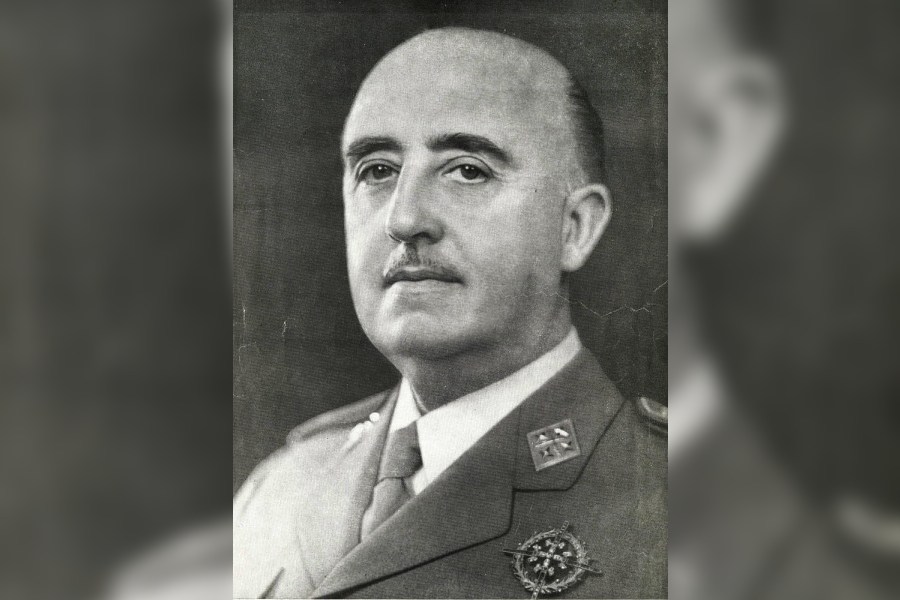
Francisco Bahamonde
1975: Francisco Bahamonde dies on November 20. The Spanish general had led forces to overthrow the Second Spanish Republic during the Spanish Civil War and ruled the country from 1939 to 1975 as a dictator. His controversial rein included brutal repression, thousands of executions but also economic prosperity that improved the lives of the Spanish people.
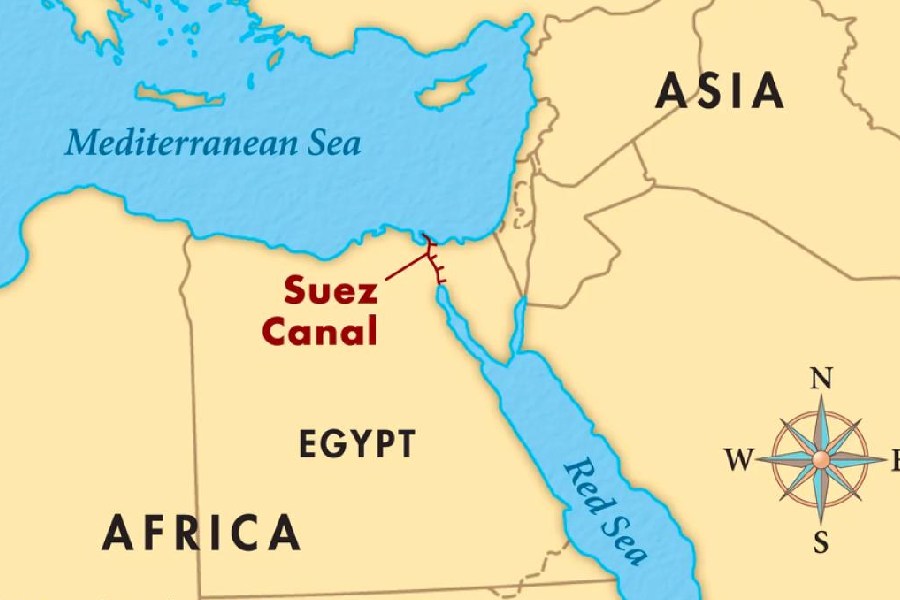
1869: The Suez Canal opens, after 10 years of construction, on November 17. The artificial sea-level waterway running north-south across the Isthmus of Suez connects the Red Sea to the Mediterranean Sea through Egypt. The canal creates a direct ship route between Europe and Asia, reducing the journey by some 8,900km and quickly becomes one of the world’s most heavily used shipping lanes.
Sports
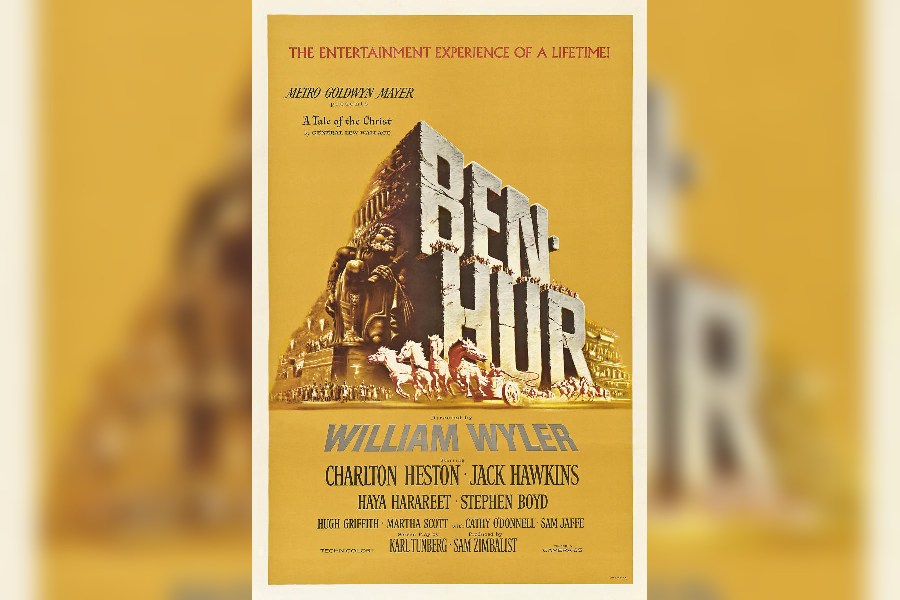
1959: Hollywood film Ben-Hur releases on November 18. The Biblical film stars Charlton Heston and is made on the largest budget yet — more than $15 million dollars — and has the largest film sets ever built. Not only does it become the second highest-grossing film after Gone with the Wind, and win a record of 11 Academy Awards including best picture, director and actor, but its nine-minute chariot race becomes one of cinema’s most famous action sequences.
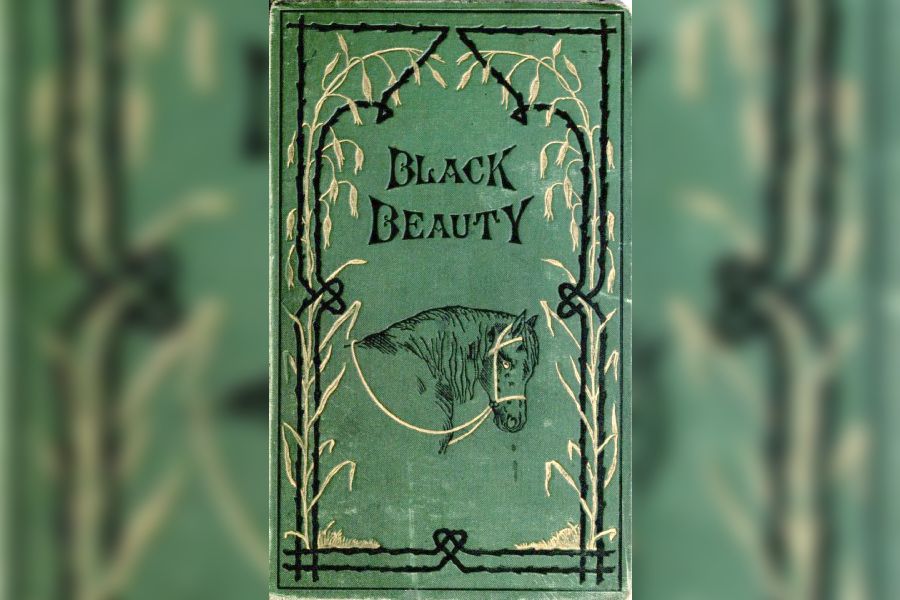
1877: The novel Black Beauty: His Grooms and Companions, the Autobiography of a Horse released on November 24. It is the only novel written by English author Anna Sewell, who was bedridden with illness at the time. She dies five months after its publication but gets to witness the instant success of the book that later becomes one of the best-selling books of all time. The message of the book is kindness towards animals and people.
1814: Adolphe Sax is born in what later becomes Belgium, on November 6. He has innumerable close encounters with death, falling from the second floor, falling into a hot cast-iron frying pan, getting burnt in a gunpowder explosion, drinking acidic water, swallowing a pin... But he survives it all and at the age of 32 invents and patents the saxophone, intended for use in military bands and orchestras.
